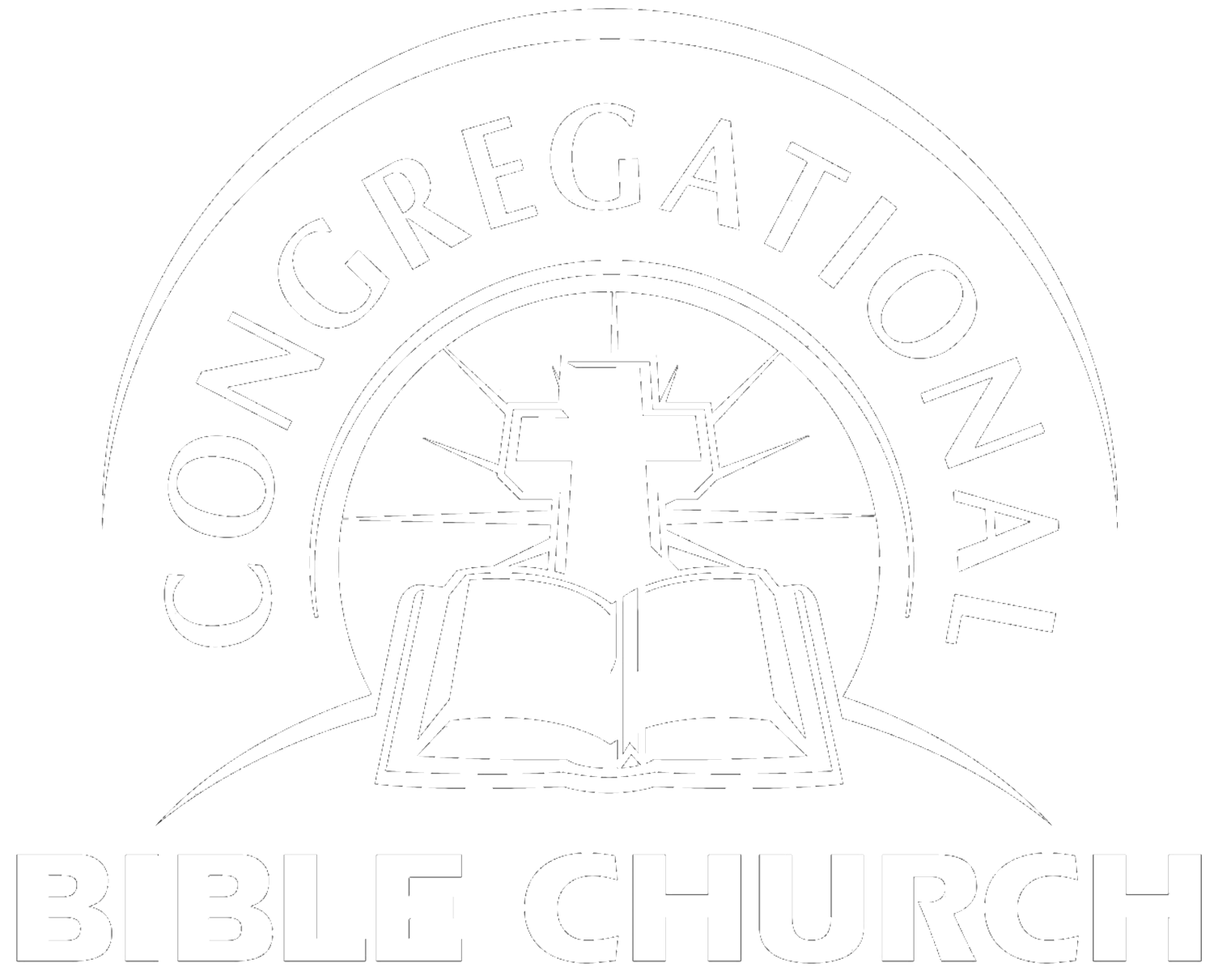We continue our series on the main people of the Protestant Reformation by looking this month at Martin Luther. Back in January, the article was about his 95 Theses, which in essence, started the Reformation. But this month I would like to look at the man and ministry of Martin Luther.
Martin Luther was born in 1483 in Germany to a Catholic family. At that time, the Catholic Church, was really the only church there was. There was no such thing as an evangelical church or an independent church. He was baptized as an infant and received a typical Catholic education and upbringing. His father wanted him to be a lawyer so he sent Martin to the most prestigious university to receive his education.
On July 2nd 1505, in a rather remarkable story, Luther was thrown to the ground by a blast of lightning during a strong summer storm. Fearing for his life, Luther called out to St. Anne to help him, and if she did, he would promise to enter a monastery and become a monk. Luther was saved from the storm and kept his vow becoming a monk two weeks later. His father was furious.
While in the monastery he was being educated and prepared to become a priest. He was learning the typical Catholic theology of salvation through the work of God plus the good deeds of man. It was this study of salvation that greatly troubled Luther’s soul. He knew he was a sinner and unable to satisfy the demands of God. Even when he officially became a priest, he received no piece in his soul in regards to his personal sin. He knew he sometimes did good works, but he couldn’t get past the idea of his sin. It wasn’t one particular sin that troubled him, but the reality of his nature. He was a sinner and none of his good deeds could change that.
At the suggestion of a friend, Luther set aside theological books and turned to a rigorous study of the Bible. It was his study of the book of Galatians and Romans that opened his eyes to the way a person is made right with God. It was the phrase “the righteousness of God” in Romans 1:17 that led him to salvation. He realized it was not his righteousness that made him right with God, it was God’s righteousness given to him that made him right with God. A once for all pronouncement by God was the way to be saved: justification. This was contrary to the Catholic view of salvation, which said, man is made right with God by a gradual process throughout life, not a once for all pronouncement by God. Luther described this revelation as ‘being led out of a dark prison of penance and into the daylight of the gates of heaven.’ He was born again.
Luther had no idea how much this view of salvation would put him at odds with the Catholic Church. He knew his findings in the Scripture were contrary to the Roman teaching he had received in the monastery, so he went to Rome to try and quiet his reservations. He was hoping to receive spiritual answers and a new commitment to the Church by meeting with various priests and leaders. Instead, Luther found much corruption, money and luxurious living, concubines, illegitimate children, irreverent behavior, and a complete ignorance of the Scriptures. These were the leaders of God’s church? Luther said, “I took onions to Rome and brought back garlic.” It was just a few years later that Luther would post his 95 Theses to the door of the Catholic Church in Wittenberg and the Protestant Reformation was begun.
It should come as no surprise that Luther was not hailed by the Catholic Church as a Reformer, but a heretic and someone worthy of excommunication. After many debates and papal decrees, he was branded as such. Luther ended up writing over 50 volumes of works and translated the Bible into German so the average person could read it. But, he didn’t see himself as a writer, but a preacher. He preached over 7,000 sermons before his death in 1546. He called the church not a ‘pen house, but a mouth house’ where the Word of God must be proclaimed and not church tradition and ceremony. It was this commitment to the Word of God, and not church authority, which sets Martin Luther apart in Christian history.
-Pastor Mark Scialabba


